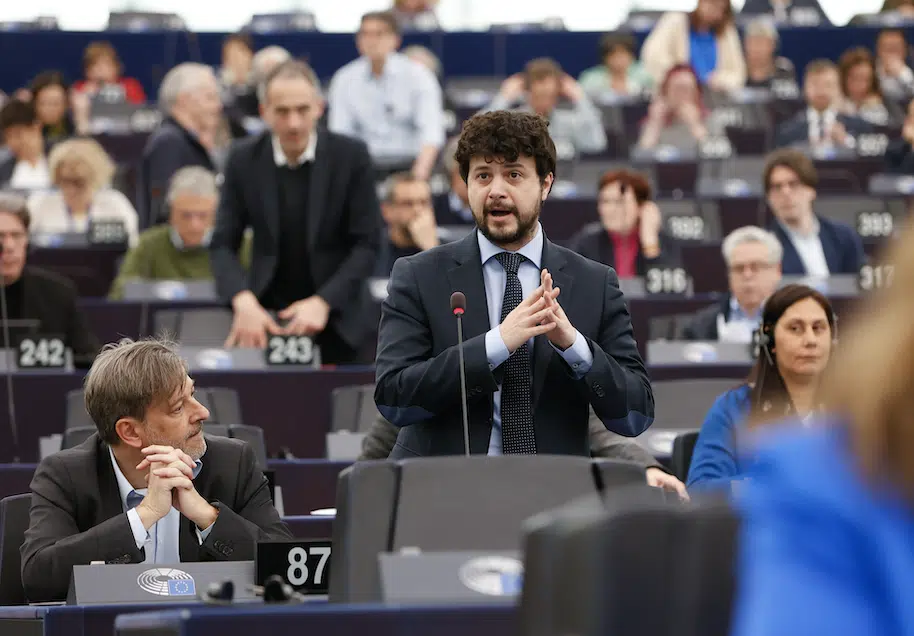
If they are not second-rate we don’t want them. Just now while I was writing a different editorial, I hear the handsome Euro Group President, the Dutch Jeroen Dijsselbloem, a young guy with (supposed) great potential, who comes from a dynamic country, who talking about the Cyprus mess says “if somebody is responsible, it is me.” He says it, repeats it and stays seated to answer questions from MPs. A little later he admits that “it is true (what we did) undermined faith,” and stays seated answering. A bit later he adds “the debate among us ministers was harder than the reaction of the markets and money savers,” which means that as they say in Rome, “nobody cares about him” that the political stand on the real economy is almost insignificant. “We did our best on Friday – he adds – we hope to reach better results later.” Thus, we botched things up and we hope it won’t happen again. And the Dutch Minister stays there instead of standing up and saying: Excuse me but I don’t measure up so I am leaving.
No, a bit like with Catherine Ashton, whoever speaks badly about her, even those working with her, at low levels as well as high, but stays there. Today Dijsselbloem sanctioned his inadequacy: in that position, in that moment, it’s unmistakable and above all you can’t mess up in such an awkward manner. The idiotic candor to admit it is unnecessary; it doesn’t help. It is actually worrisome.
Everything goes back to the general inadequacy demonstrated by Europe in affronting the crisis. Fear of giving up space, fear of finding real leaders, desire to control the strongest parts of the government have brought uncertainty and contradictory conditions to the choices. There is too much confusion. The problem is not just the obstinacy of small countries like Finland, which goes beyond the stubborn short-sightedness of Germany, but for each case that evolves they make up different rules. In Cyprus they attempt a forced withdrawal from bank accounts, after which a norm that safeguards savings up to 100,000 Euro in case of a bank crisis was approved. In Greece they loan money in exchange for removing officials from local government. In Ireland money is given but it is not a plan to save. And then there are the state-saving Funds – first one, then another, no wait, the provisional ones live side by side with the permanent ones, then there is the bank authority which reaches all the way there, because then there’s the ECB that however has a say on other things too, and then the bank security which is valid for a French bank but not a German one – unless the president has dark hair and a moustache.
Joking aside, the European chaos is owed in large part to the lack of clear rules and equality for everybody and for the most part, the fact that the leaders responsible of the various crisis are not tried; in fact, they often remain in their position, whether it be as national or community officials, and they continue to make decisions and cause problems. The administration does not have the courage necessary to prosecute the Greek government members for example, who brought the country to collapse by swindling the European security authorities. So what are they still doing there, if one can ridicule and just not care? But at the same time: what are certain European leaders still doing there when their policies have glaringly failed and they are not even capable of finding a way out, but they are wrong in the mistakes?
Lorenzo Robustelli





![Dutch MEP Paul Tang. Member of the Labor Party (PvdA), is currently sitting in the committee on Economic Affairs [archive]](https://www.eunews.it/wp-content/uploads/2020/03/tang-1.png.webp)





